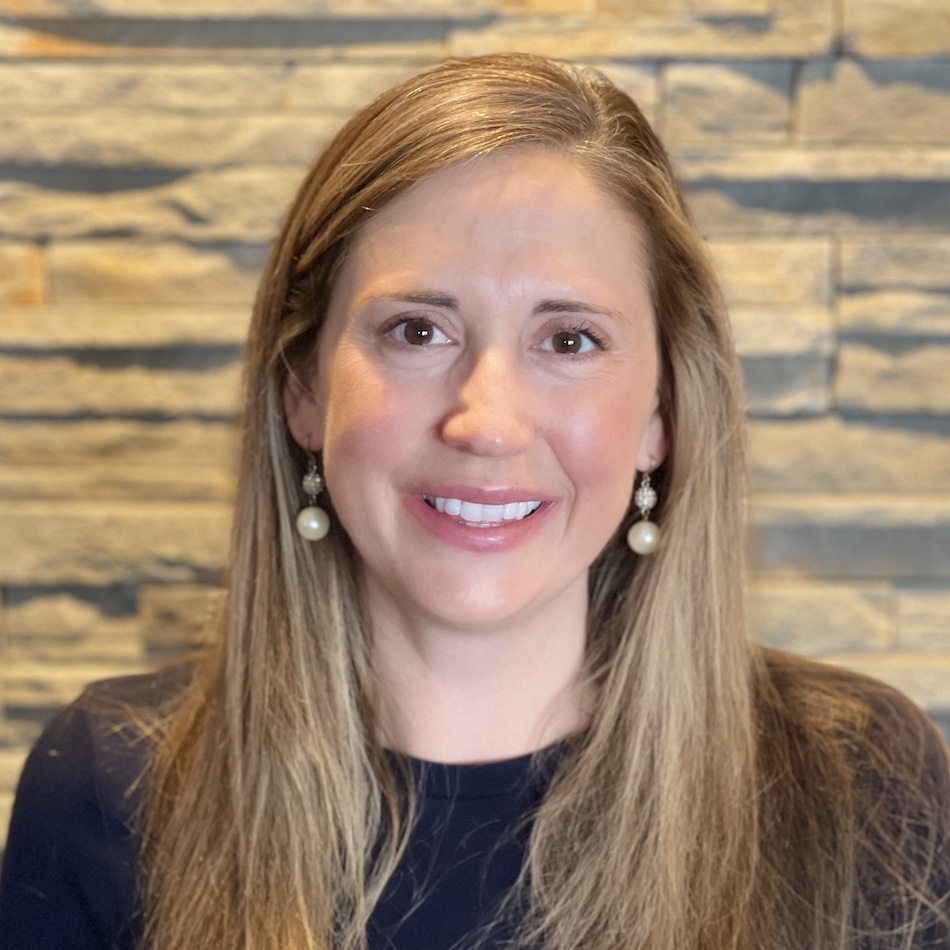
Article
May 11, 2023
Written by Brenda Gillen
Doctoral Candidate Probes COVID’s Impact on Special Education
When K-12 public schools shifted to online learning models during COVID-19, special education directors scrambled to meet students’ needs while adhering to strict legal requirements.
When K-12 public schools shifted to online learning models during COVID-19, special education directors scrambled to meet students’ needs while adhering to strict legal requirements. University of Northern Colorado Ed.D. candidate Vanessa Giddings dug deep into special education directors’ lived experiences in her dissertation, “Meeting Free Appropriate Public Education (FAPE) and Least Restrictive Environment (LRE) Requirements for Students with Disabilities During the COVID-19 Pandemic: Implications for Special Education Directors.”
For over two decades, Giddings has worked as a teacher, principal and central office administrator in Durango, Colorado. She’s the executive director of student support services for Durango School District, encompassing 12 rural schools serving 5,200 students. Before enrolling in the Educational Leadership program, she completed two other graduate programs at UNC, earning a master’s in Reading and an educational specialist degree in Educational Leadership and Policy Studies.
Giddings concentrated on special education to hone her leadership skills and knowledge. Her doctoral program began with classes in Lowry every other weekend, then moved online. While online learning is commonplace at most universities, for many K-12 schools, it was unprecedented.
“There were lessons learned during the pandemic for how we can better meet the needs of students with disabilities that we want to carry forward,” Giddings said, noting that online, hybrid and in-person education was delivered over the three academic years of her study, 2019-20, 2020-21 and 2021-22.
To gather data, she conducted two separate hour-long video interviews with six special education directors throughout Colorado, representing three rural, two suburban and one urban school district. Between interviews, she asked directors to creatively illuminate their experiences using words or images, a process that prompted deeper reflection.
“We talked about how they met requirements for students during COVID, how moving to online learning changed their work, and the impact of increasing technology use with students and parents,” said Giddings.
Her research filled a gap by including professionals whose voices are underrepresented.

“These special education directors highlighted the innovations that improved education for students with disabilities and discussed the challenges and barriers they experienced. The data analysis revealed the special education directors in this study were able to meet the requirements of FAPE and LRE for students with disabilities during the COVID-19 pandemic with a focus on legal obligations, creativity in learning models and communication across multidisciplinary teams,” Giddings explained.
Professor Linda Vogel, chair of the Leadership, Policy and Development department and coordinator of the Educational Leadership and Policy Studies program, advised Giddings on her dissertation.
“I have known Vanessa for a while, and she is an amazing student, person, educator and leader. She did an outstanding job with her coursework while doing a high-level administration job and raising kids. And she completed her coursework and groundbreaking dissertation in a speedy manner,” Vogel said.
Giddings’ committee nominated her for the Dean’s Outstanding Dissertation Award, and Vogel has encouraged her to publish in academic and practitioner journals. She also may present her research at a conference for school executives this summer.
“It poses a lot of challenges to meet the needs of special ed students in online environments. How special ed directors fulfilled these requirements is necessary information in the field. Practitioners can use her research as a basis for their decisions related to special education online,” said Vogel.
Giddings’ project makes the case that revisiting the pandemic with the lens of improving the future is a worthwhile undertaking applicable to many fields.
She’s completing her doctoral education in May 2023 and plans to continue studying to benefit Spanish-speaking families.
“Families have the right and it is our privilege to serve them in the language they know and love. We need people to meet them where they are and speak the language,” Giddings said, describing her plans for studying Spanish next.



